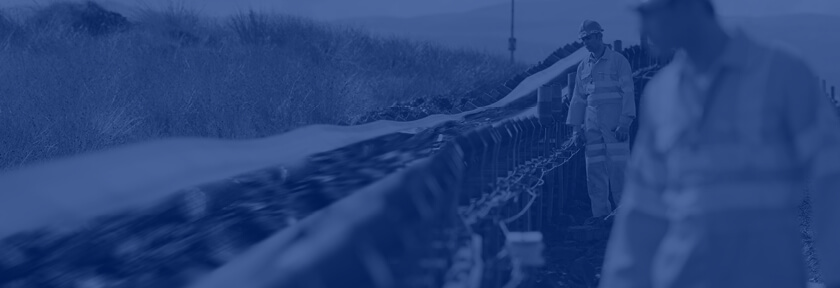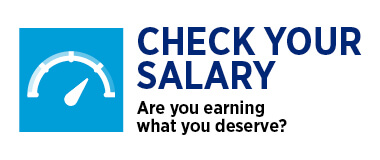Your rail job questions, answered
Yes, in fact 86% of rail engineering employers are planning on recruiting staff over the next 12 months. If you're ready for a challenge and feel like your skills and experience could see you excel in a new role, why not explore our Salary Checker for 2022 for more insights?
The role of a rail engineer involves installing and maintaining the electrical and mechanical systems across the railway. Whether that’s passenger carriages, train engines, and other railway machines and safety equipment. Their duties are focused on ensuring passengers and train crew are always safe under the correct safety regulations.
There are a few entry routes to rail engineering jobs. You can complete a bachelor's degree in subjects including mechanical or electrical and electronics engineering. You can also complete a certificate or NVQ with City and Guilds and work towards an apprenticeship.
You will need to hold excellent mechanical and electrical skills, good attention to detail, problem-solving and communication skills along with the ability to remain calm under pressure. You'll also need to have a concise understanding of industry quality standards and knowledge of safe working practices.
We have a selection of job roles within rail engineering on our books. Take a look at the range of jobs from rail engineering track maintenance jobs to rail systems engineering jobs on our job boards here.



